Armenian joker dreams of revenge Experts discuss Galstanyan’s ambitions and limits
Bagrat Galstanyan, the mastermind behind last year's loud yet short-lived movement that evolved from Tavush for the Homeland into the Sacred Struggle, is once again planning to stir the streets.
He has previously made several unsuccessful attempts to rally the Armenian public against the current authorities.
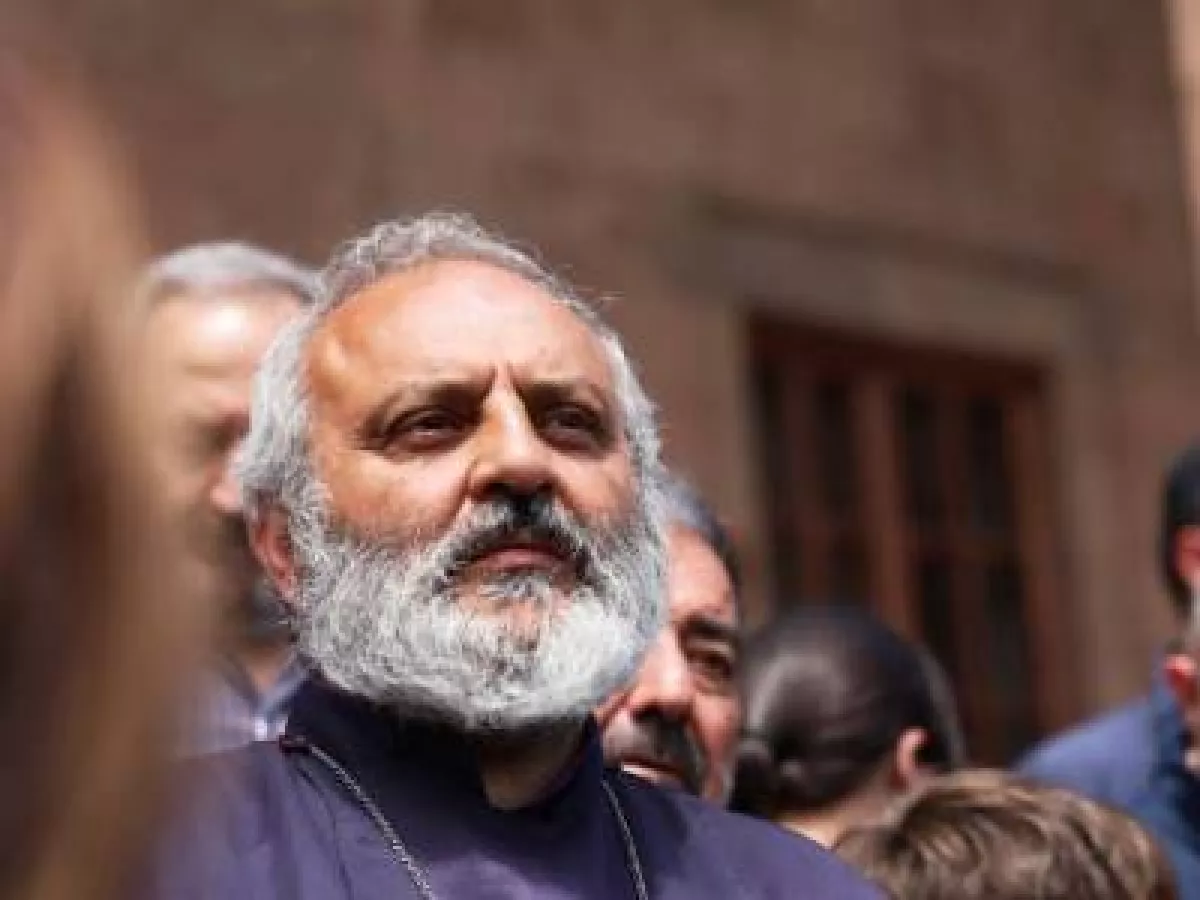
This time, speaking to journalists, Galstanyan stated: "We have been carrying out organisational work across Armenia for the past 3–4 months. We've done an enormous amount of preparation to ready people for street resistance and civil disobedience, and I am more than convinced that we will put an end to this."
According to him, a final decision will be made in the near future: "There are a few minor circumstances that need clarification. There are no other obstacles," Galstanyan added, noting that the main task is to avoid a potential fiasco.
"That is why I am being extremely cautious — both in my words and actions," he emphasised, announcing an upcoming change in the format of his public appearances.
"I have already stated that I will no longer hold live-streamed meetings with the people. These will now take place in different venues and in a different format," said the former clergyman, whose current status remains unclear. He also stressed that "the 2026 elections must be held without the participation of Civil Contract."
This statement is particularly noteworthy given that back in October 2024, Galstanyan openly admitted the defeat of his movement.
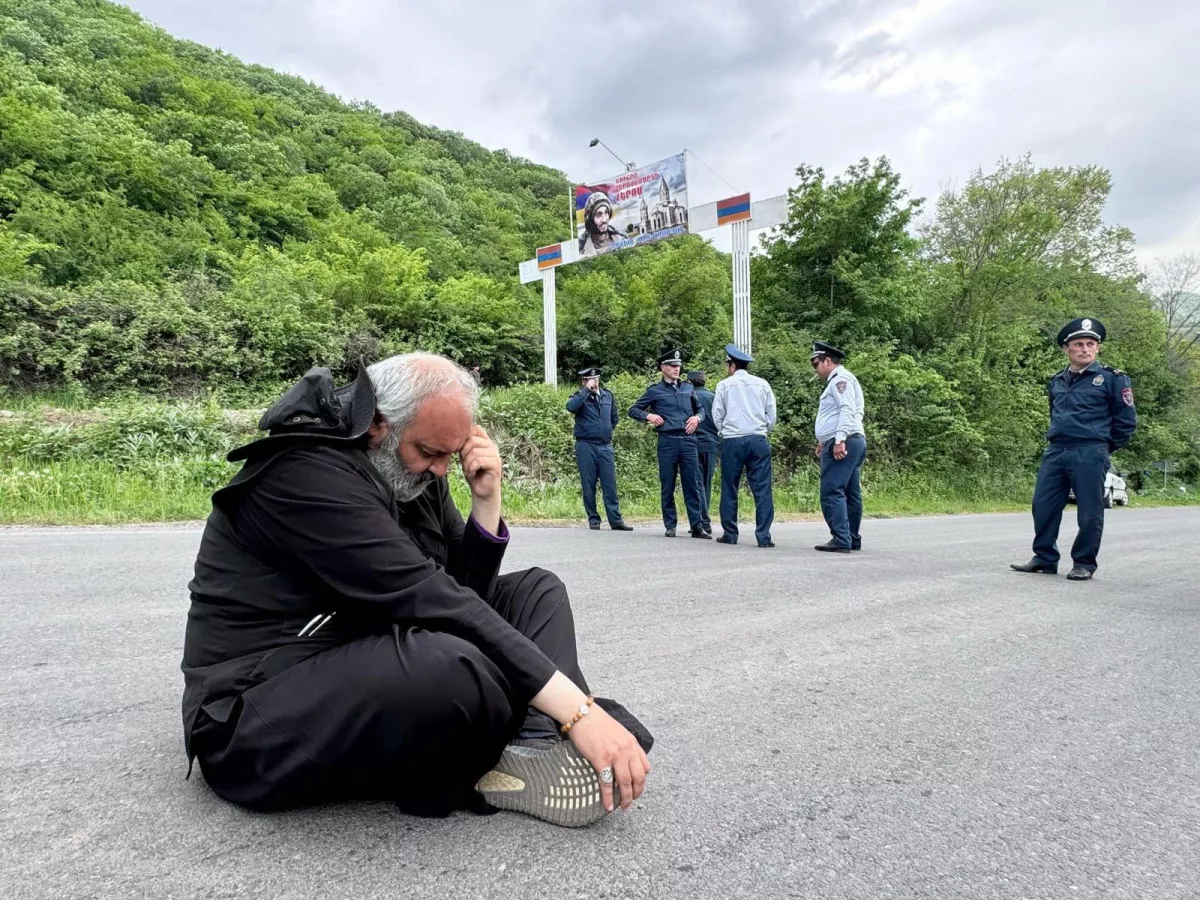
"Yes, we failed at this stage, but our struggle continues — despite human weakness, conflicting interests, and all kinds of intrigue," the indefatigable Galstanyan insisted at the time.
To recall, he led the protests in Armenia against the authorities that began after the April 19, 2024, announcement of an agreement between Yerevan and Baku to begin border delimitation.
Can Galstanyan’s movement achieve anything under current circumstances, or will Armenian society refuse to support this group of opposition figures? And what prompted this sudden attempt at a “revival”?
Well-known political analysts shared their assessments of the situation with Caliber.Az.
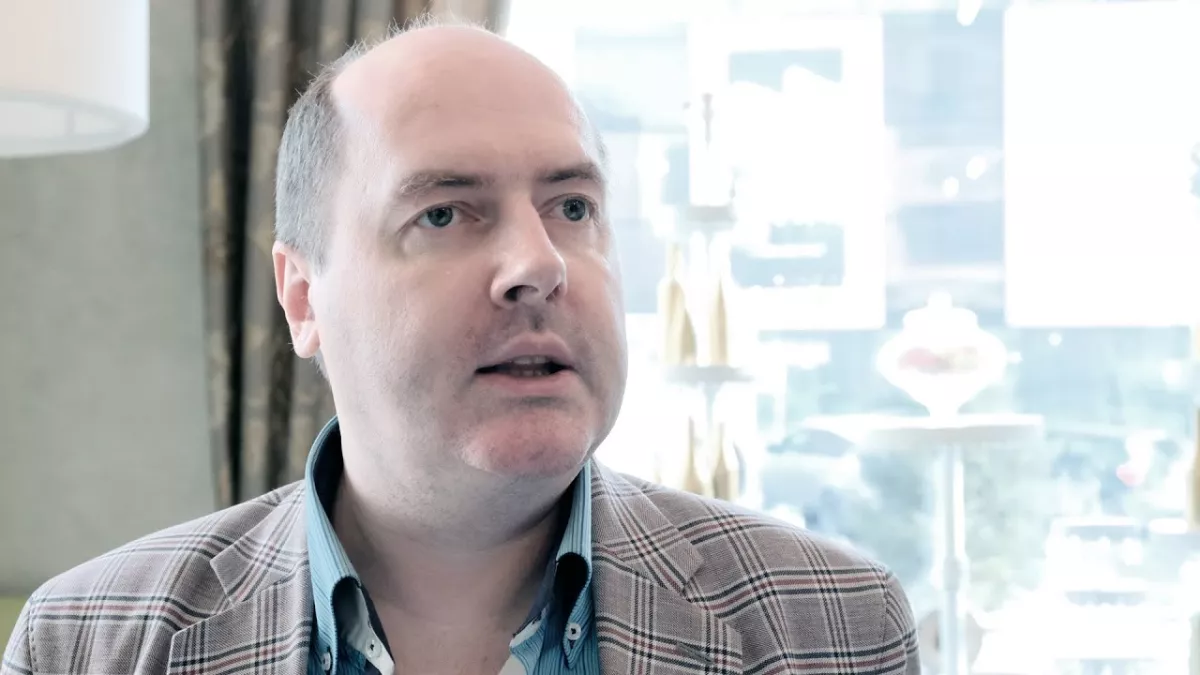
Russian expert Sergey Zhavoronkov, co-chairman of the Democratic Choice political party and a member of the board of the Liberal Mission foundation (Moscow), believes that Galstanyan will once again fail in his efforts.
"His new absurd statements about some alternative venues and secret formats only worsen his standing in the eyes of the public. Yes, Pashinyan provokes irritation among a significant part of society, but the idea of returning the former regime to power is met with even greater rejection. There is a demand for a European-style politician — someone like Pashinyan, but younger, smarter, and unburdened by past mistakes and defeats.
Galstanyan clearly doesn’t fit that role. And unlike in Georgia, for example, the Church in Armenia does not hold significant authority.
Moreover, Galstanyan’s image is closely associated with the political past — above all with Sargsyan and Kocharyan. And that plays directly into the hands of the current government. In this dilemma, Pashinyan will prevail," Zhavoronkov concludes.
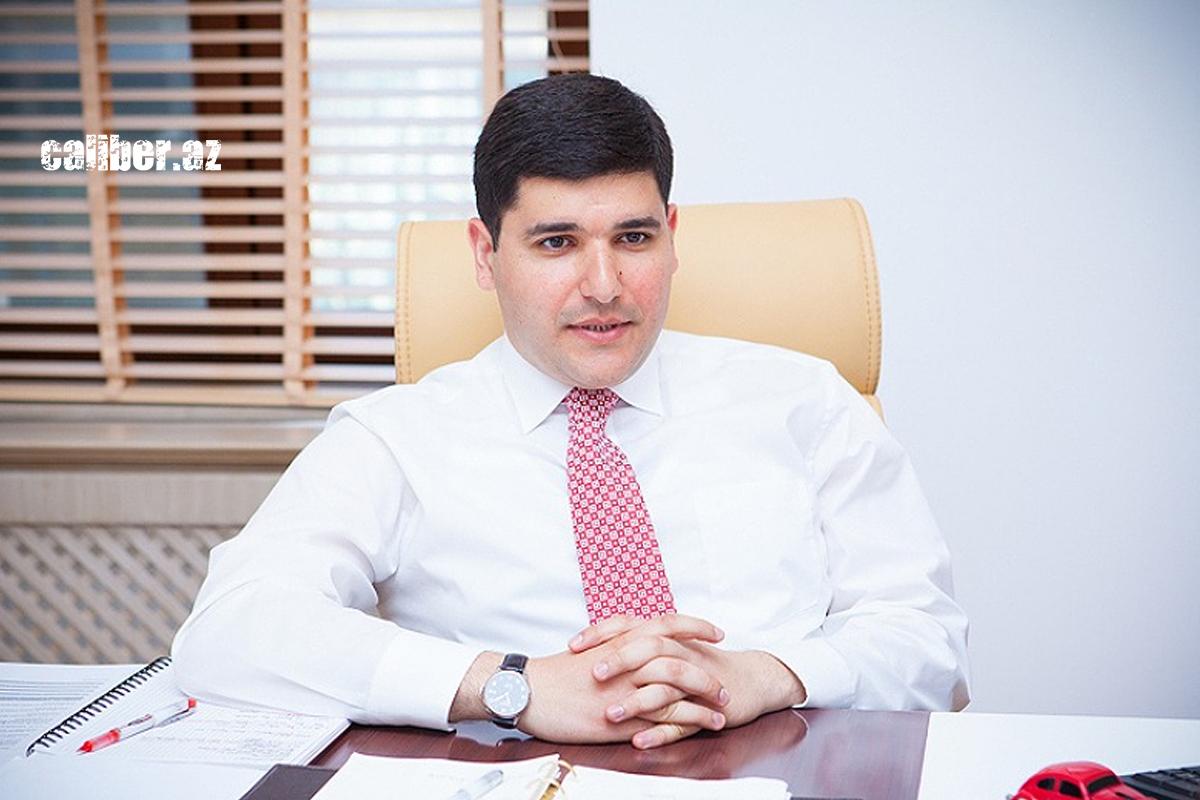
Farhad Mammadov, Director of the South Caucasus Research Centre, in turn, links Bagrat Galstanyan’s activity to the overall political situation in Armenia.
"Armenia is already living in a pre-election atmosphere, even though the parliamentary elections are scheduled for early next summer. Within the opposition camp, there is noticeable revival following its recent mayoral victories in Gyumri and Parakar.
Almost all opposition groups have become more active — including Robert Kocharyan and Serzh Sargsyan. Sociological polls show that more than 60% of the population have not yet decided whom they will support.
At the same time, there is clear activity by Russia in Armenia. Many political forces are now mobilising to present themselves as the main pro-Russian power," the analyst notes.
According to him, under these circumstances, the opposition is discussing the possibility of “using the Gyumri experience.”
“In other words, the plan is to run in the elections as separate blocs and then support any alternative to Pashinyan if that becomes possible. In Gyumri, Pashinyan’s party actually won, significantly outpacing all rivals, but failed to form a majority to elect the mayor. All other opposition forces united around a single candidate who came in second and secured victory.
Currently, within Armenia’s opposition, there is a debate whether they should again participate in the parliamentary elections as separate blocs and then unite afterward, or put forward a single figure from among themselves around whom they would rally in advance and run as a united bloc.
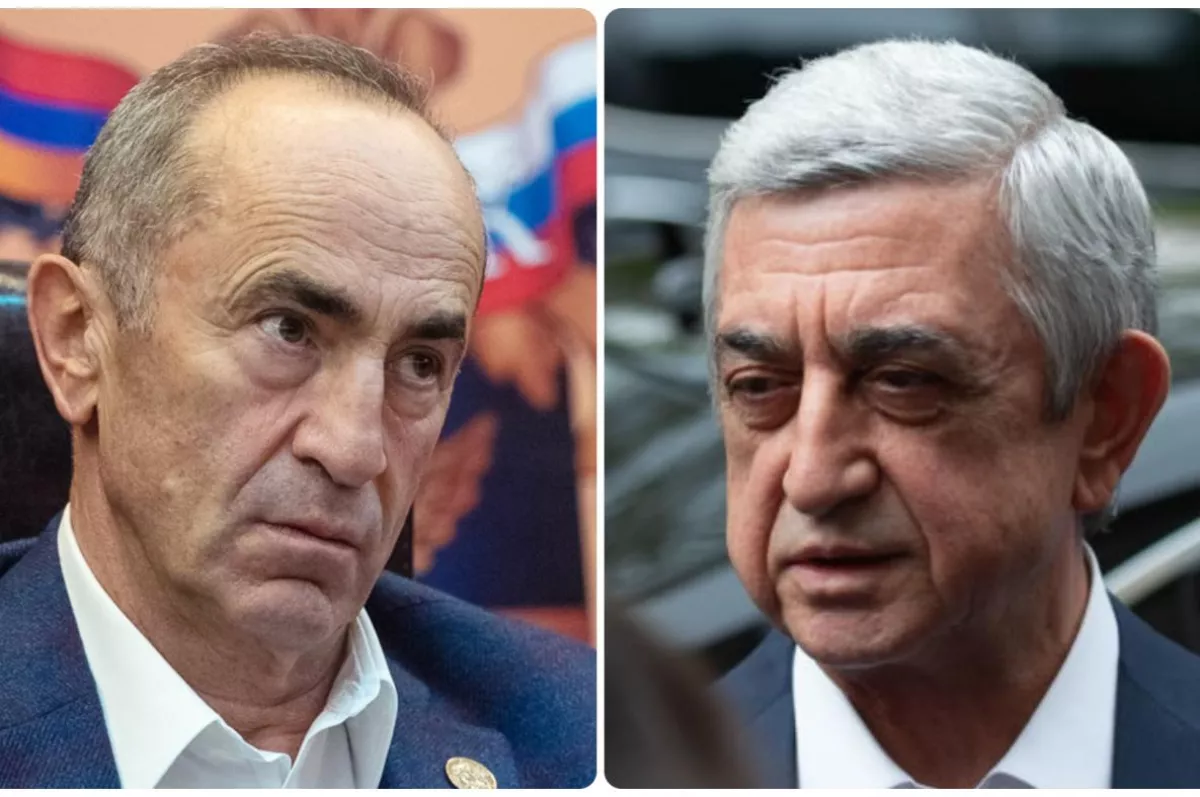
Bagrat Galstanyan has seen himself in this role — as a compromise figure supported by Robert Kocharyan, Serzh Sargsyan, and the Dashnaks.
Additionally, this is a kind of casting call to gain Russian support in Armenia. Former Defence Minister Arshak Karapetyan, currently based in Moscow, has also joined this process.
Therefore, Galstanyan’s activity should be viewed within these two contexts,” Mammadov concluded.








